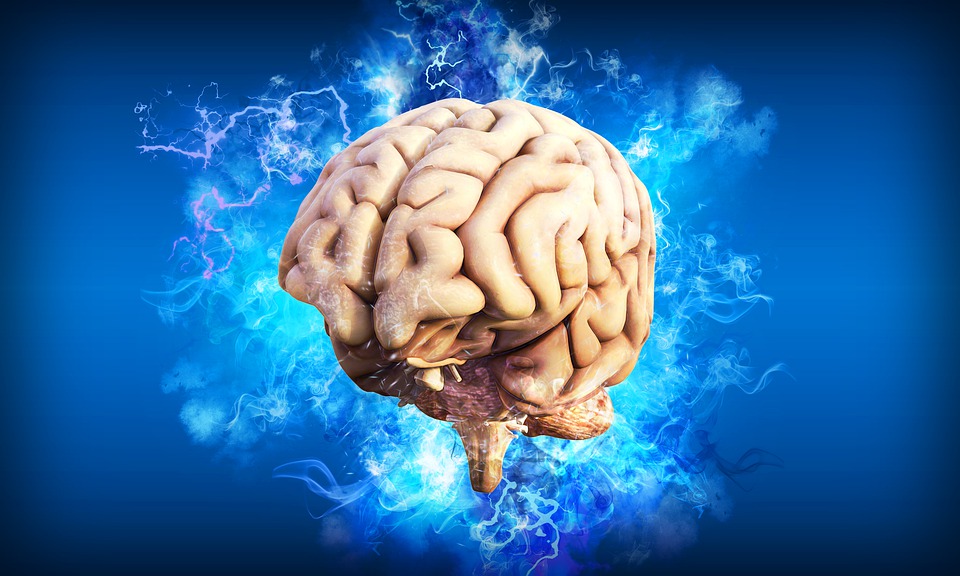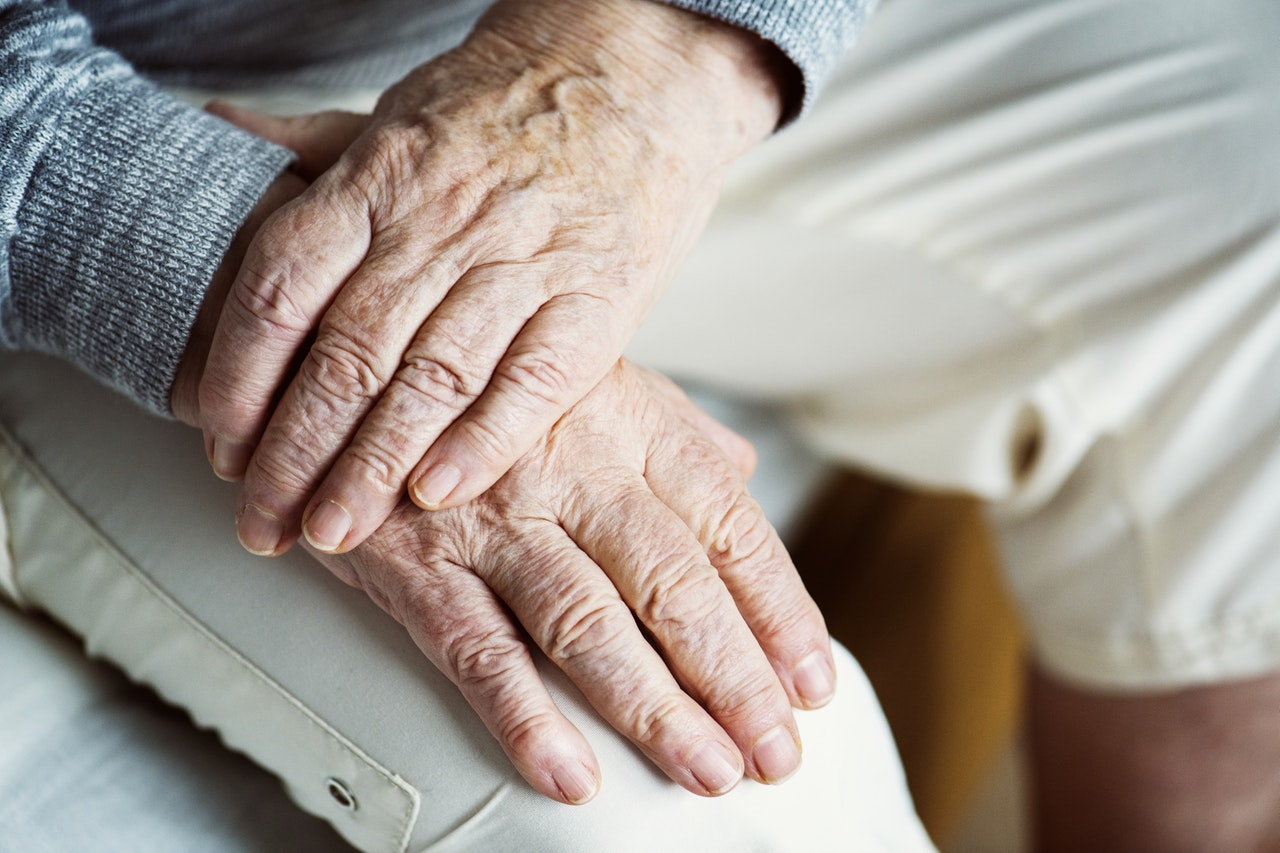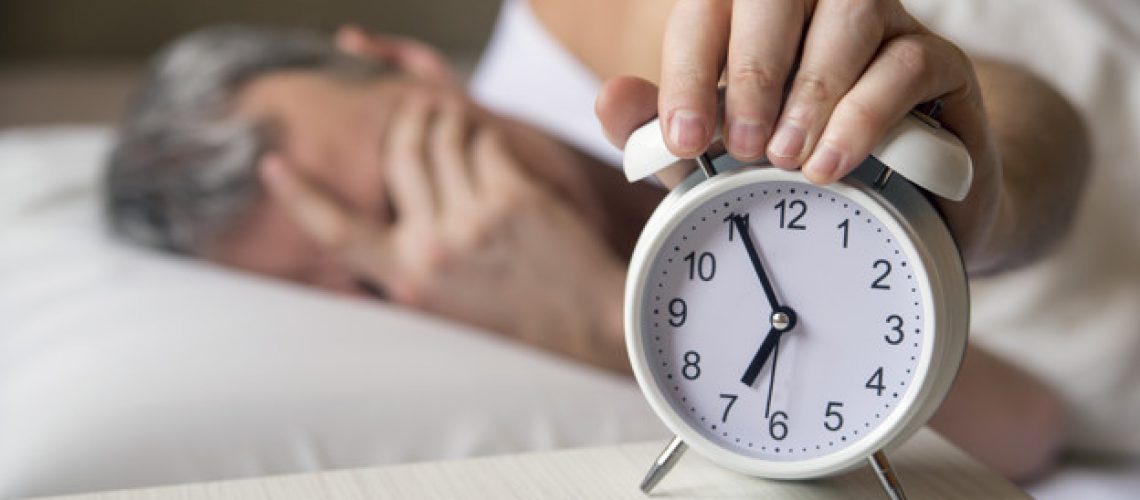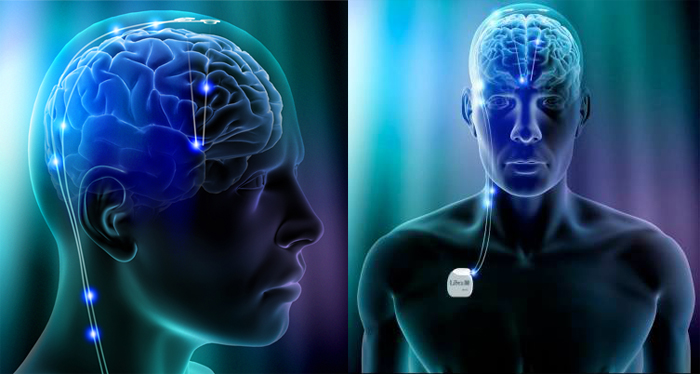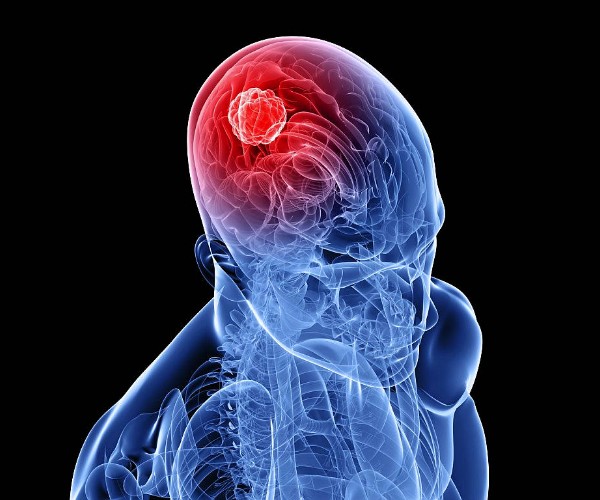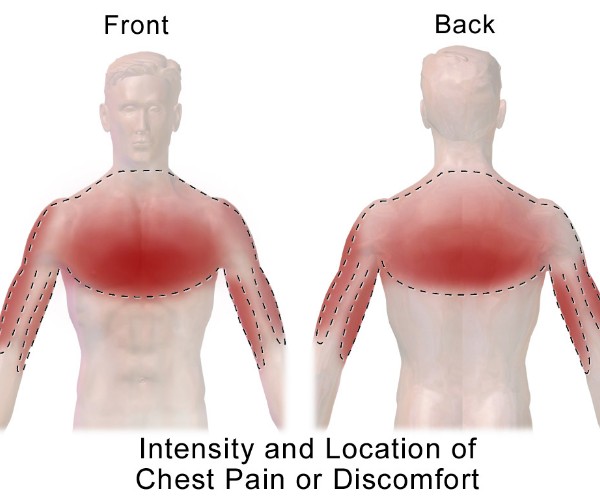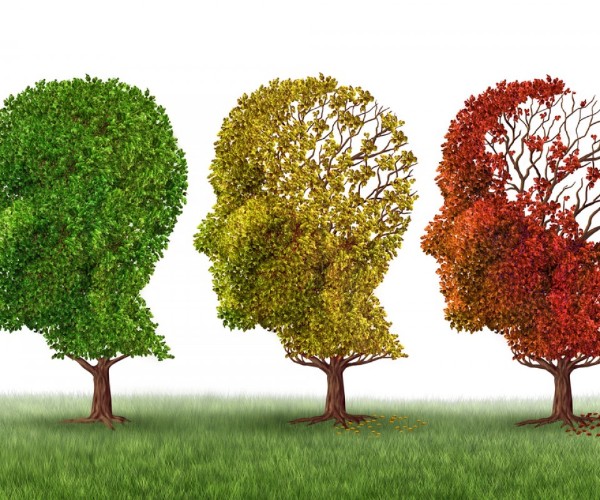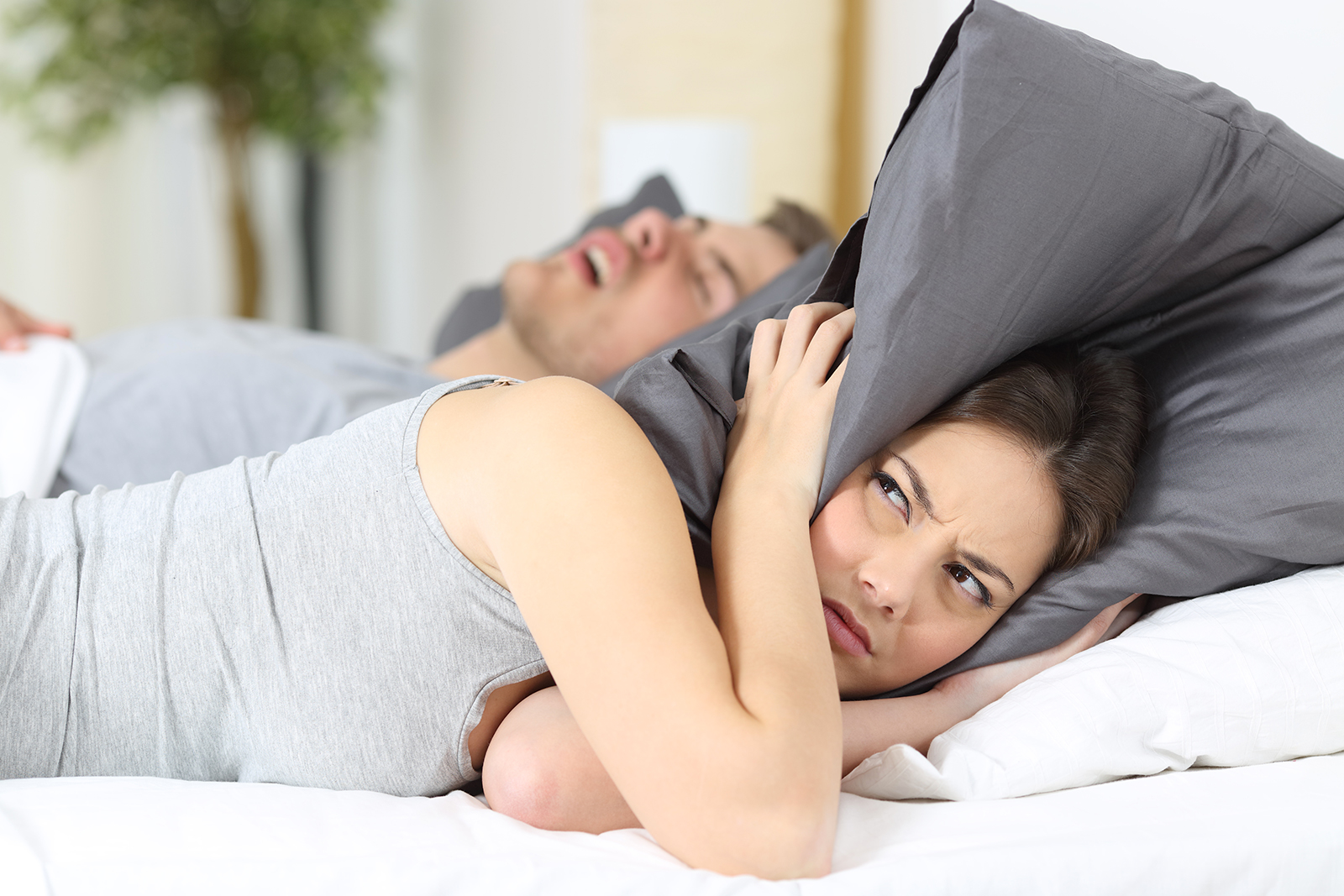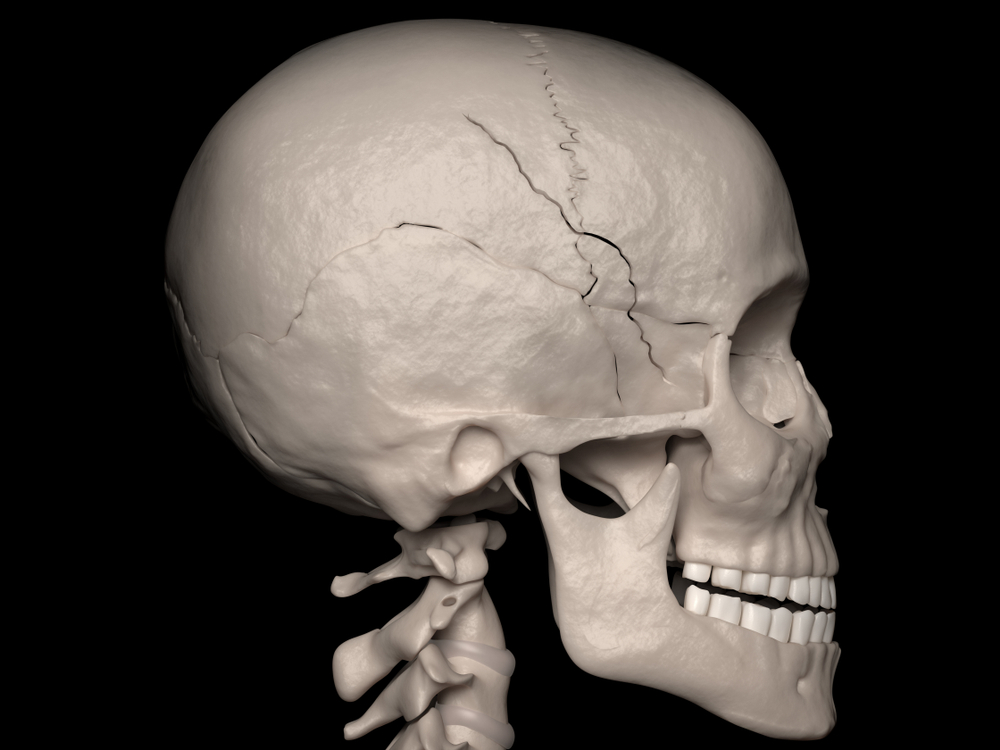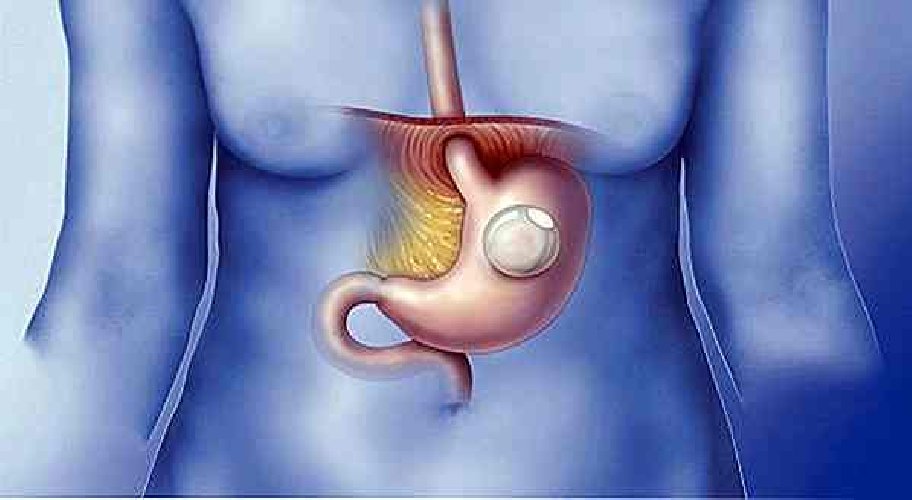Insomnia is widespread, globally, in fact about 770 million people are affected by the problem.
However, still little is known about the factors that may cause difficulty in falling asleep.
A group of researchers from multiple nations, led by international research scientists from the Vrije Universiteit in Amsterdam, has developed and published a study in the pages of Nature Genetics that focuses on those brain processes that affect the risk of insomnia.
The disorder
Insomnia can be defined as a frequent and persistent disorder in which the affected person faces great difficulty in falling asleep and suffers frequent awakenings, which are followed by other difficulties in falling asleep again, even when there seems to be no environmental impediment.
If these complaints persist over time and last for months , surely we can speak of chronic insomnia.
Science
To this day, scientific research has not yet been able to identify which genes may be responsible and their negative effects on the brain.
In order to shed light in research Danielle Posthuma of the Vrije Universiteit and Eus Van Someren of the Netherlands Institute of Neuroscience have assembled a team of scientists, who for the first time have been able to put together so much data and information about the dna and specific sleep habits of a vast number of people, well 1.3 million. They used information and resources from the Uk Biobank and 23andMe database, thereby creating the largest and most important “genetic dataset” to date ever available.
The genes identified
The researchers were able to identify, based on the processing of the vast amount of observed data, the remarkable number of 956 genes, which according to different variants could account for contributions to an increased risk of insomnia.
Then the researchers focused their studies to understand what biological processes, what types of cells and what areas of the brain from the genes used.
It was determined that some of the genes studied play an important role in the functionality of axons, those extensions of neurons that participate in the exchange of information between nerve cells.
Scientists say other genes are found to be active in specific cells, the medium spiny neurons, which are present in the frontal cortex and subcortical nuclei, those areas of the brain known to influence sleep quality.






